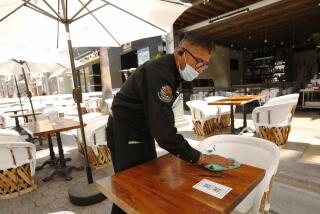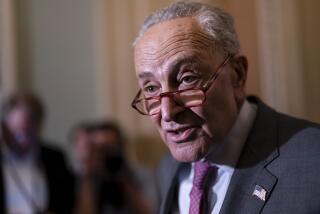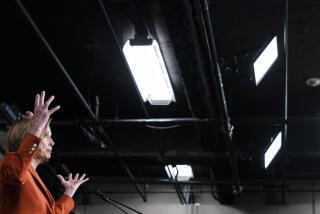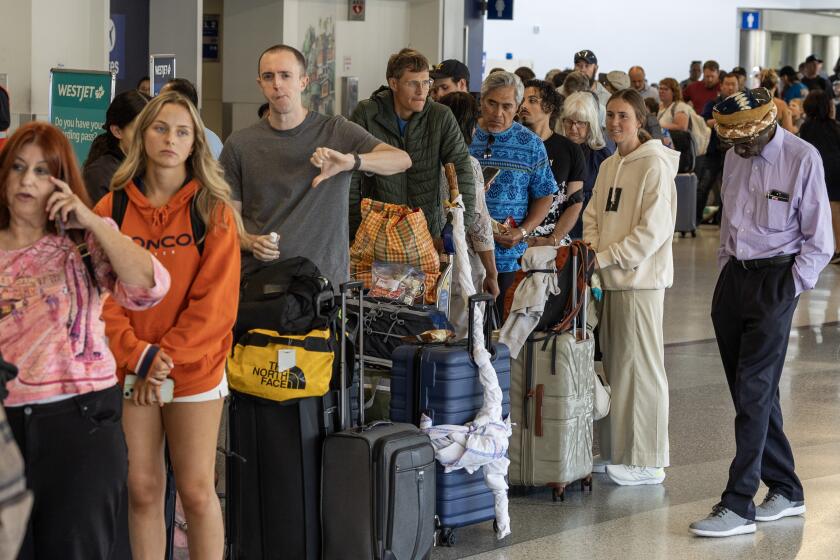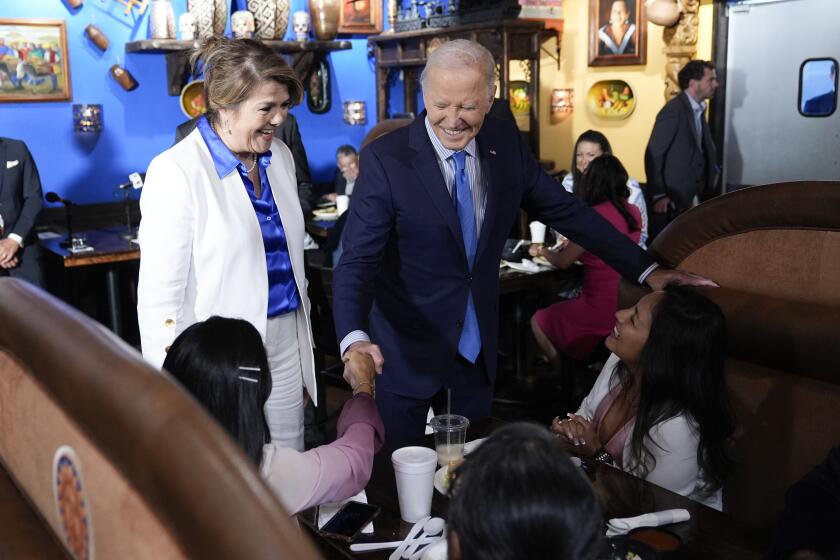Small-business loan fund for coronavirus relief is set to run dry today
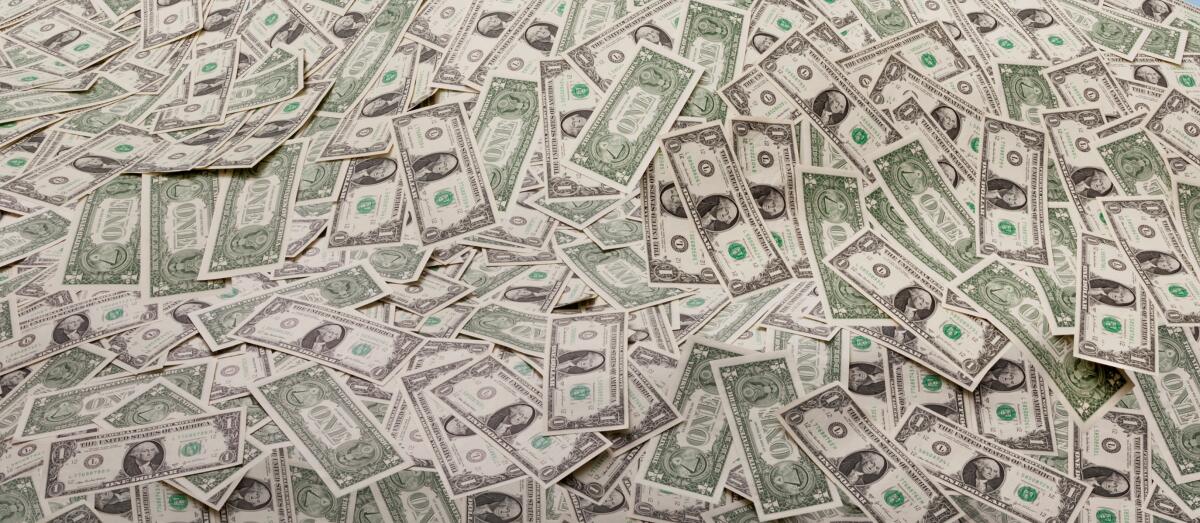
A $349-billion federal relief program for U.S. small businesses is expected to run out of money this afternoon, with many still waiting to get a lifeline, according to officials familiar with the situation.
The government-guaranteed loans are available on a first-come, first-served basis. But without more funding, many small businesses that have flooded banks with applications won’t get help, advocates said.
As of midday Wednesday, the U.S. Small Business Administration reported that more than 1.3 million applications had been approved, totaling about $296 billion of the $349 billion set aside for the Paycheck Protection Program. That’s the value of loans the agency has approved for lenders to disburse, not money that has reached borrowers.
The program, which launched April 3, is running out of money after just 13 days.
An SBA spokeswoman didn’t immediately respond to a request for comment.
The Wall Street Journal reported earlier that the program is set to run out of funds Wednesday.
Republicans sought to approve an additional $250 billion for the program last week, but the effort stalled with Democrats also wanting changes to the program and more aid for state and local governments and hospitals. Senate Democratic leader Chuck Schumer and Treasury Secretary Steven Mnuchin talked Wednesday, and a meeting has been set with staff in the first public sign of a possible break in the stalemate.
The relief package, which was enacted last month in response to the pandemic, offers loans of as much as $10 million. The loans are forgivable if proceeds are used to keep workers on the payroll and cover rent and other approved expenses for about two months, a short-term stopgap designed to help businesses get by until the economy reopens.
Niquette, Jacobs and Wasson write for Bloomberg.
More to Read
Inside the business of entertainment
The Wide Shot brings you news, analysis and insights on everything from streaming wars to production — and what it all means for the future.
You may occasionally receive promotional content from the Los Angeles Times.
